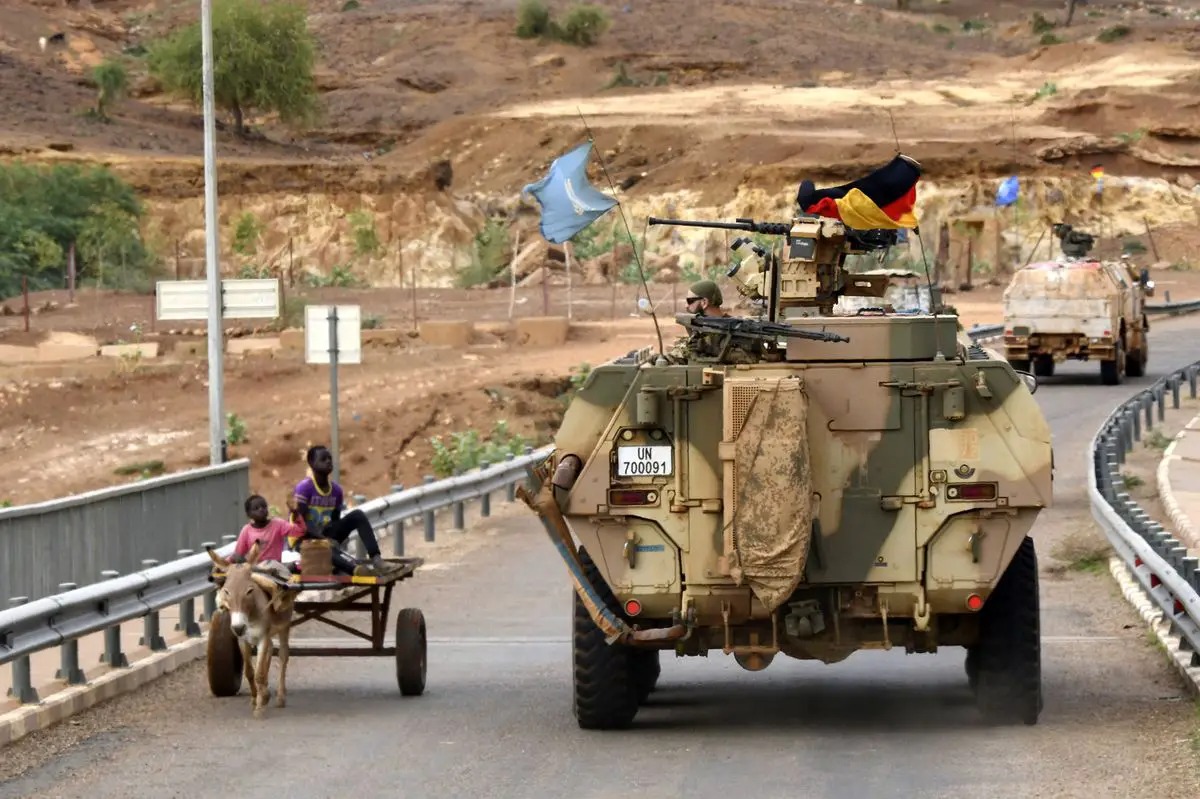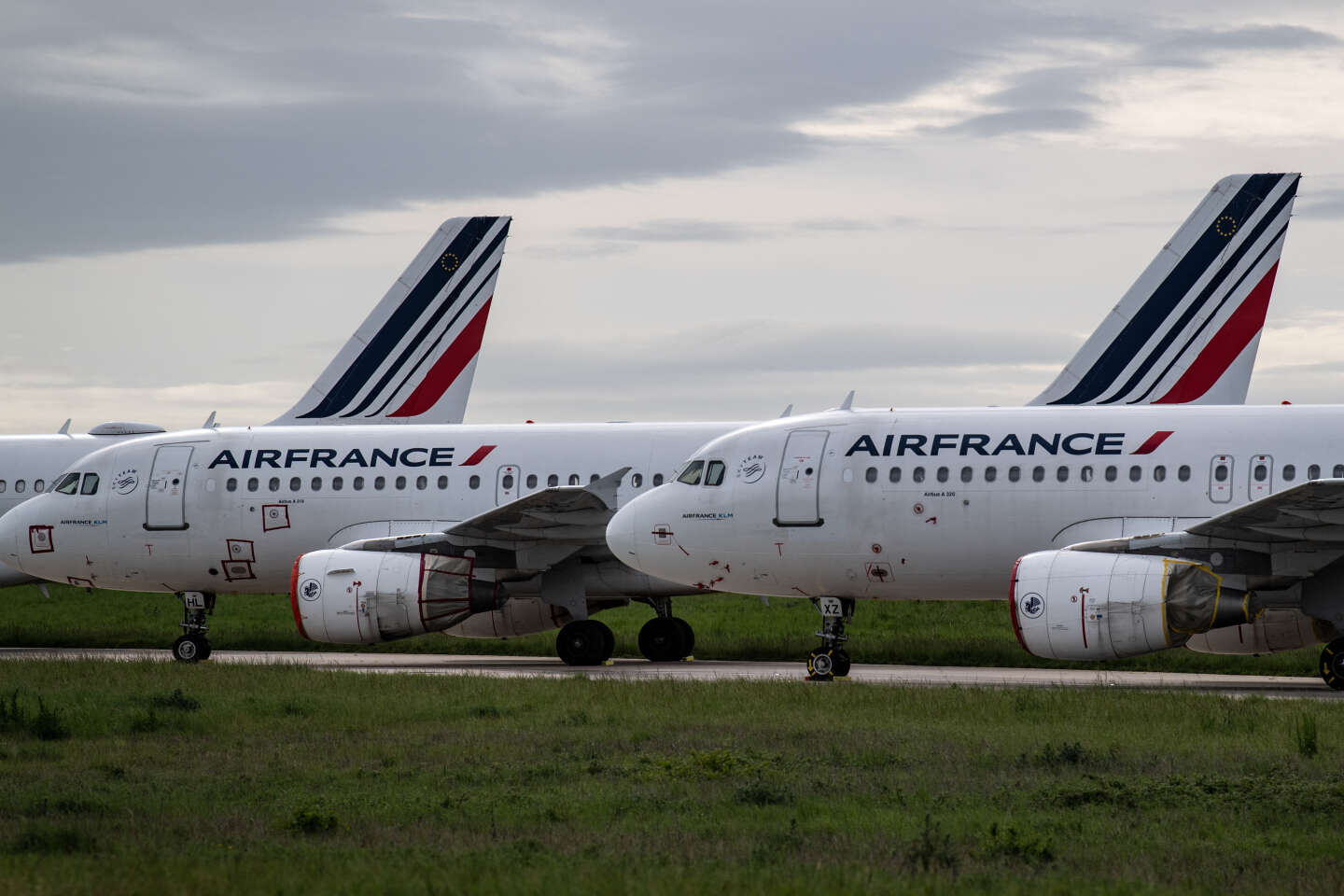The withdrawal of German troops from Gao, Mali, has commenced as the United Nations (UN) undertakes the dismantling of its peacekeeping mission in the country by the end of this year. Starting on Tuesday, personnel stationed at Camp Castor, which supports the activities of the UN Multidimensional Integrated Stabilisation Mission in Mali (MINUSMA), began disassembling and transporting their equipment back to Germany.
This move aligns with the UN Security Council’s decision in June to conclude the decade-long peacekeeping mission in Mali. The military junta in Mali, which has recently aligned itself with Russia, had urged the removal of foreign troops from the country. The junta’s cooperation with Russia also included the involvement of the Wagner Group.
Mali’s relationship with the United Nations has significantly deteriorated since a military coup in 2020 brought a military regime to power, which subsequently severed defence cooperation with France, its former colonial power. As per the long-standing UN protocol, the host country’s approval is required for a peacekeeping mission to be established.
As of the end of November, the UN mission had dismantled nine of the twelve MINUSMA bases in Mali. MINUSMA has been deployed in the country since 2013 to support the nation’s security against jihadist rebels affiliated with al-Qaida and the Islamic State group, as well as a separatist uprising led by the Tuareg people.
The withdrawal of German troops signifies another step towards the conclusion of the UN peacekeeping mission. The process of dismantling bases and transporting equipment back to respective countries is a complex endeavour that requires careful coordination to ensure the safety of personnel and the preservation of peace and security in the region.
The UN and its partners, including Germany, remain committed to working closely with the Malian government to facilitate a smooth transition and support the country’s efforts towards long-term stability. The conclusion of the peacekeeping mission marks a significant milestone in Mali’s trajectory, highlighting the need for continued international cooperation and support to address the remaining challenges faced by the nation.
As the UN mission in Mali winds down, the focus will shift towards strengthening the capacity of the Malian security forces and promoting sustainable development in the country. The international community will continue to monitor the situation in Mali closely and explore avenues for collaboration to ensure lasting peace and prosperity for its people.



